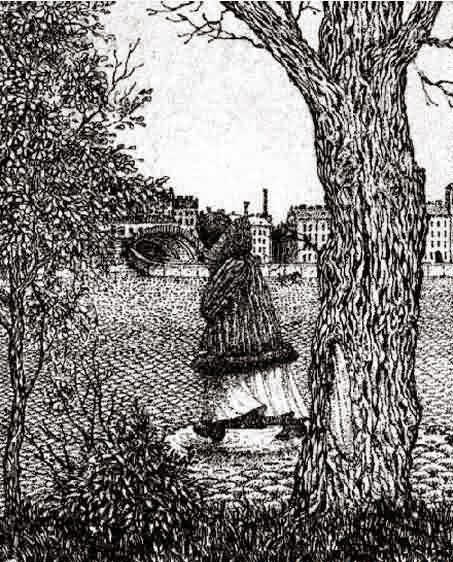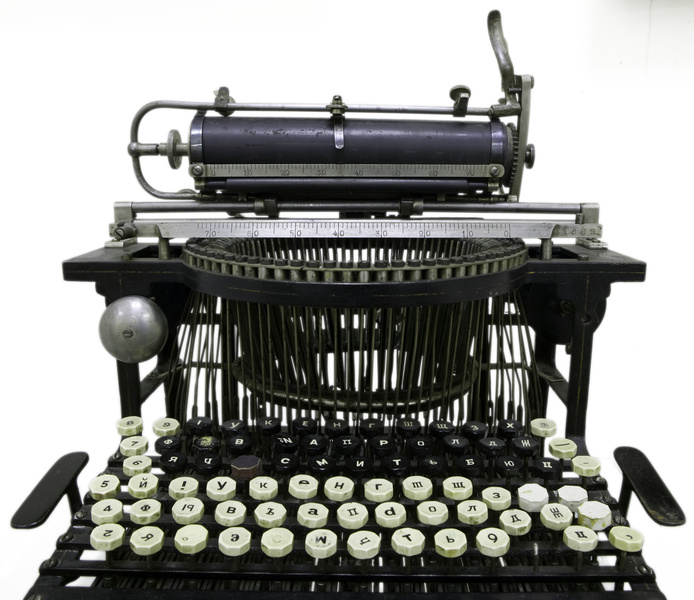
The Self-Publishing Illusion
Illusion: something that deceives by producing a false or misleading impression of reality.

If you are a self-publisher, you’ve already read many articles which claim that self-publishing your book is the way to go. It is far easier to create and sell your book by simply putting it up on Amazon.
Maybe, you’ve read other articles which tell you how you can earn more money (or a lot) by self-publishing. Still others which dispute these claims as being misleading, particularly to those who want to self-publish a book when they don’t have the basics on what self-publishing is really all about.
To them, writing a book is the main goal, and the rest will flow from there, because editors and book designers can be hired. And for a fee, they will make it much better for you. It would seem that reality is simple- but that’s not reality! You must be clear about what you want before anything can happen to your book. You have to plan to market it, and not showing your potential audience your sort-of-maybe best work.
That’s the drawback to the get rich quick ideas, and also with self-publishing, I won’t deny they happen, but it’s fluke if it does.
 I happened to bump into one of my long-time writing friends, and we had a chance to chat about our shared craft, and more importantly how our books were fairing in the realm of the reader. They have been out for a while, and we enjoyed the process of publishing. To an extent.
I happened to bump into one of my long-time writing friends, and we had a chance to chat about our shared craft, and more importantly how our books were fairing in the realm of the reader. They have been out for a while, and we enjoyed the process of publishing. To an extent.
Both of us self-published, but had different experiences. One of those differences is how we looked at self-publishing, in particular of how the illusion of the ease to self-publish can blind you. For him it was the speed and the ease. He could do anything to his book, as it was still his book. He wanted the control. He wanted the hands off my book approach and he was left frustrated and overwhelmed with things he didn’t know.
He commented, he wished he had spent more time asking questions and being open to challenges than he was. The challenges of finding out sizing, or of what should be a standard for a book in his market. About what makes a reader buy a book, and even of marketing and networking. His book was a good first experience, (although he will admit to being frustrated about it) and it was a great means to learn how to be in business, but it was one lesson he didn’t learn until much later in the process.
His book was selling and he was determined to build his network. He was aggressive in trying to get into bookstores, but was rejected as the book wasn’t to standard for them (for example he still complains he should’ve learned about justification and book interiors.) Now, he admits there were too many things going against him on his writing journey- in this case, the illusion was people were buying his book at his book signings, but he never found it as easy to get sales when it was needed or counted. This is also a good example to him of the 80/20 rule, he put too much effort into pushing it out there, when it wasn’t reader to be published.
He admitted there were plot holes and other things which didn’t work with his book now, which should have been seen right away. He is a brilliant man, and one who is writing still, but with a few less illusions about self-publishing. Does he want to do it again? He doesn’t say no to the idea, only that he would take more time to look at all the facts, and find out the important things first.
 The self-publishing illusion, for me, was taken away a lot earlier when I left my manuscript out for another reader. She was quick to rip it apart, not because she wanted to hurt my ego- but to save my ego from being hurt by others who would not care to see success with my writing. I was mad and hurt, but after I thought for a while, I realized the truth in her words. I asked her to help out, and I am pleased she did- she was the means to lowering my risk in self-publishing. The risk was still high, but she also was able to pinpoint other challenges I had, and to guide to the right people when I needed it.
The self-publishing illusion, for me, was taken away a lot earlier when I left my manuscript out for another reader. She was quick to rip it apart, not because she wanted to hurt my ego- but to save my ego from being hurt by others who would not care to see success with my writing. I was mad and hurt, but after I thought for a while, I realized the truth in her words. I asked her to help out, and I am pleased she did- she was the means to lowering my risk in self-publishing. The risk was still high, but she also was able to pinpoint other challenges I had, and to guide to the right people when I needed it.
I saved a lot of extra expenses, and had my learning curve earlier, but I am also aware of the challenges which I face as a writer in a market that uses illusion as a starting point. If there are problems with the writing, it’s a good time to stop and break them down and ask questions to people who are willing to be very honest with their answers.

Clarity and Publishing a Book
You May Also Like

Does Publishing A Book Mean Making Money?
February 2, 2013
Where the Writer Is
March 27, 2009

3 Comments
Pat Coffey
I have written four books in four years and haven't published one yet. Why? There is so much to learn about publishing. Your article is helpful. Writers who want to publish must go to conferences, spend time with other writers, read books, and learn about the demographic they are going to sell their stories to online or on demand.
Unknown
Rebecca,
A lot of this can be remedied by a highly experienced, longtime professional editor.
A veteran, a pro, can spot these deficiencies in a manuscript at one glance and can give the author concrete options for fixing them. And a pro takes the time to work with the author to ensure a manuscript is right and is airtight before it ever hits the market.
A superb editor isn't a panacea for weak, vapid, uninspired writing, but an editor can prevent a lot of the horror stories you're describing. I should know, I've been one of those top editors for two decades, and I've saved a helluva lot of writers from crashing on the rocks.
Not trying to argue with you, not at all, but I speak from experience – deep, abiding experience.
Rebecca A Emrich
I agree, I agree. I do have such high esteem for my wonderful editors, they do such a good job, and they push me to do better.